1 January 2018 – The 51st World Day of Prayer for Peace
The World Day of Prayer for Peace was first observed on 1 January 1968, proclaimed by Pope Paul VI. It was inspired by the encyclical Pacem in Terris by Pope John XXIII and with reference to Paul’s encyclical Populorum Progressio.
Our Holy Fathers, have used this day to make magisterial declarations relevant to the social doctrine of the Church on such topics as the United Nations, human rights, women’s rights, labour unions, economic development, the right to life, international diplomacy, peace in the Holy Land, globalisation, migrants, refugees and terrorism.
MESSAGE OF HIS HOLINESS POPE
FRANCIS
FOR THE CELEBRATION OF THE
51st WORLD DAY OF PEACE
1 JANUARY 2018
Migrants and refugees: men and women in search of peace
1. Heartfelt good wishes for peace
Peace to all people and to all nations on earth! Peace, which the angels proclaimed to the shepherds on Christmas night,[1] is a profound aspiration for everyone, for each individual and all peoples, and especially for those who most keenly suffer its absence. Among these whom I constantly keep in my thoughts and prayers, I would once again mention the over 250 million migrants worldwide, of whom 22.5 million are refugees. Pope Benedict XVI, my beloved predecessor, spoke of them as “men and women, children, young and elderly people, who are searching for somewhere to live in peace.” [2] In order to find that peace, they are willing to risk their lives on a journey that is often long and perilous, to endure hardships and suffering, and to encounter fences and walls built to keep them far from their goal.
In a spirit of compassion, let us embrace all those fleeing from war and hunger, or forced by discrimination, persecution, poverty and environmental degradation to leave their homelands.
We know that it is not enough to open our hearts to the suffering of others. Much more remains to be done before our brothers and sisters can once again live peacefully in a safe home. Welcoming others requires concrete commitment, a network of assistance and goodwill, vigilant and sympathetic attention, the responsible management of new and complex situations that at times compound numerous existing problems, to say nothing of resources, which are always limited. By practising the virtue of prudence, government leaders should take practical measures to welcome, promote, protect, integrate and, “within the limits allowed by a correct understanding of the common good, to permit [them] to become part of a new society.”[3] Leaders have a clear responsibility towards their own communities, whose legitimate rights and harmonious development they must ensure, lest they become like the rash builder who miscalculated and failed to complete the tower he had begun to construct.[4]
2. Why so many refugees and migrants?
As he looked to the Great Jubilee marking the passage of two thousand years since the proclamation of peace by the angels in Bethlehem, Saint John Paul II pointed to the increased numbers of displaced persons as one of the consequences of the “endless and horrifying sequence of wars, conflicts, genocides and ethnic cleansings”[5] that had characterised the twentieth century. To this date, the new century has registered no real breakthrough: armed conflicts and other forms of organised violence continue to trigger the movement of peoples within national borders and beyond.
Yet people migrate for other reasons as well, principally because they “desire a better life, and not infrequently try to leave behind the ‘hopelessness’ of an unpromising future.”[6] They set out to join their families or to seek professional or educational opportunities, for those who cannot enjoy these rights do not live in peace. Furthermore, as I noted in the Encyclical Laudato Si’, there has been “a tragic rise in the number of migrants seeking to flee from the growing poverty caused by environmental degradation”.[7]
Most people migrate through regular channels. Some, however, take different routes, mainly out of desperation, when their own countries offer neither safety nor opportunity and every legal pathway appears impractical, blocked or too slow.
Many destination countries have seen the spread of rhetoric decrying the risks posed to national security or the high cost of welcoming new arrivals, and thus demeaning the human dignity due to all as sons and daughters of God. Those who, for what may be political reasons, foment fear of migrants instead of building peace are sowing violence, racial discrimination and xenophobia, which are matters of great concern for all those concerned for the safety of every human being.[8]
All indicators available to the international community suggest that global migration will continue for the future. Some consider this a threat. For my part, I ask you to view it with confidence as an opportunity to build peace.
3. With a contemplative gaze
The wisdom of faith fosters a contemplative gaze that recognizes that all of us “belong to one family, migrants and the local populations that welcome them, and all have the same right to enjoy the goods of the earth, whose destination is universal, as the social doctrine of the Church teaches. It is here that solidarity and sharing are founded.”[9] These words evoke the biblical image of the new Jerusalem. The book of the prophet Isaiah (chapter 60) and that of Revelation (chapter 21) describe the city with its gates always open to people of every nation, who marvel at it and fill it with riches. Peace is the sovereign that guides it and justice the principle that governs coexistence within it.
We must also turn this contemplative gaze to the cities where we live, “a gaze of faith which sees God dwelling in their houses, in their streets and squares, […] fostering solidarity, fraternity, and the desire for goodness, truth and justice”[10] – in other words, fulfilling the promise of peace.
When we turn that gaze to migrants and refugees, we discover that they do not arrive empty-handed. They bring their courage, skills, energy and aspirations, as well as the treasures of their own cultures; and in this way, they enrich the lives of the nations that receive them. We also come to see the creativity, tenacity and spirit of sacrifice of the countless individuals, families and communities around the world who open their doors and hearts to migrants and refugees, even where resources are scarce.
A contemplative gaze should also guide the discernment of those responsible for the public good, and encourage them to pursue policies of welcome, “within the limits allowed by a correct understanding of the common good”[11] – bearing in mind, that is, the needs of all members of the human family and the welfare of each.
Those who see things in this way will be able to recognize the seeds of peace that are already sprouting and nurture their growth. Our cities, often divided and polarized by conflicts regarding the presence of migrants and refugees, will thus turn into workshops of peace.
4. Four mileposts for action
Offering asylum seekers, refugees, migrants and victims of human trafficking an opportunity to find the peace they seek requires a strategy combining four actions: welcoming, protecting, promoting and integrating.[12]
“Welcoming” calls for expanding legal pathways for entry and no longer pushing migrants and displaced people towards countries where they face persecution and violence. It also demands balancing our concerns about national security with concern for fundamental human rights. Scripture reminds us: “Do not forget to show hospitality to strangers, for by so doing some people have shown hospitality to angels without knowing it.”[13]
“Protecting” has to do with our duty to recognize and defend the inviolable dignity of those who flee real dangers in search of asylum and security, and to prevent their being exploited. I think in particular of women and children who find themselves in situations that expose them to risks and abuses that can even amount to enslavement. God does not discriminate: “The Lord watches over the foreigner and sustains the orphan and the widow.”[14]
“Promoting” entails supporting the integral human development of migrants and refugees. Among many possible means of doing so, I would stress the importance of ensuring access to all levels of education for children and young people. This will enable them not only to cultivate and realise their potential but also better equip them to encounter others and to foster a spirit of dialogue rather than rejection or confrontation. The Bible teaches that God “loves the foreigner residing among you, giving them food and clothing. And you are to love those who are foreigners, for you yourselves were foreigners in Egypt.”[15]
“Integrating”, lastly, means allowing refugees and migrants to participate fully in the life of the society that welcomes them, as part of a process of mutual enrichment and fruitful cooperation in service of the integral human development of the local community. Saint Paul expresses it in these words: “You are no longer foreigners and strangers, but fellow citizens with God’s people.”[16]
5. A proposal for two international compacts
It is my heartfelt hope this spirit will guide the process that in the course of 2018 will lead the United Nations to draft and approve two Global Compacts, one for safe, orderly and regular migration and the other for refugees. As shared agreements at a global level, these compacts will provide a framework for policy proposals and practical measures. For this reason, they need to be inspired by compassion, foresight and courage, so as to take advantage of every opportunity to advance the peace-building process. Only in this way can the realism required of international politics avoid surrendering to cynicism and to the globalisation of indifference.
Dialogue and coordination are a necessity and a specific duty for the international community. Beyond national borders, higher numbers of refugees may be welcomed – or better welcomed – also by less wealthy countries, if international cooperation guarantees them the necessary funding.
The Migrants and Refugees Section of the Dicastery for Promoting Integral Human Development has published a set of twenty action points that provide concrete leads for implementing these four verbs in public policy and in the attitudes and activities of Christian communities.[17] The aim of this and other contributions is to express the interest of the Catholic Church in the process leading to the adoption of the two U.N. Global Compacts. This interest is the sign of a more general pastoral concern that goes back to the very origins of the Church and has continued in her many works up to the present time.
6. For our common home
Let us draw inspiration from the words of Saint John Paul II: “If the ‘dream’ of a peaceful world is shared by all, if the refugees’ and migrants’ contribution is properly evaluated, then humanity can become more and more a universal family and our earth a true ‘common home’.”[18] Throughout history, many have believed in this “dream”, and their achievements are a testament to the fact that it is no mere utopia.
Among these, we remember Saint Frances Xavier Cabrini in this year that marks the hundredth anniversary of her death. On this thirteenth day of November, many ecclesial communities celebrate her memory. This remarkable woman, who devoted her life to the service of migrants and became their patron saint, taught us to welcome, protect, promote and integrate our brothers and sisters. Through her intercession, may the Lord enable all of us to experience that “a harvest of righteousness is sown in peace by those who make peace.”[19]
From the Vatican, 13 November 2017

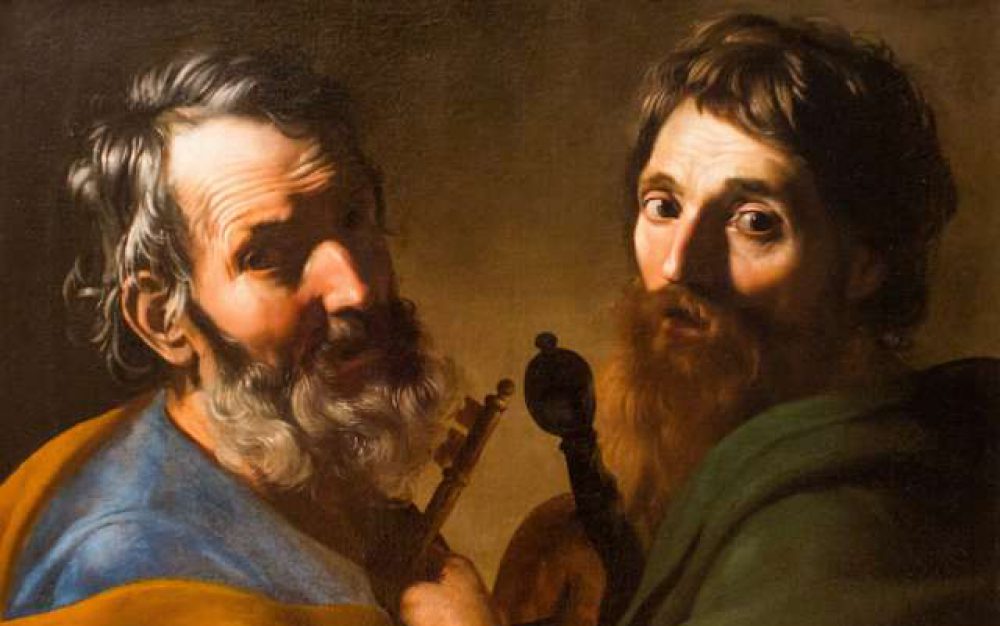
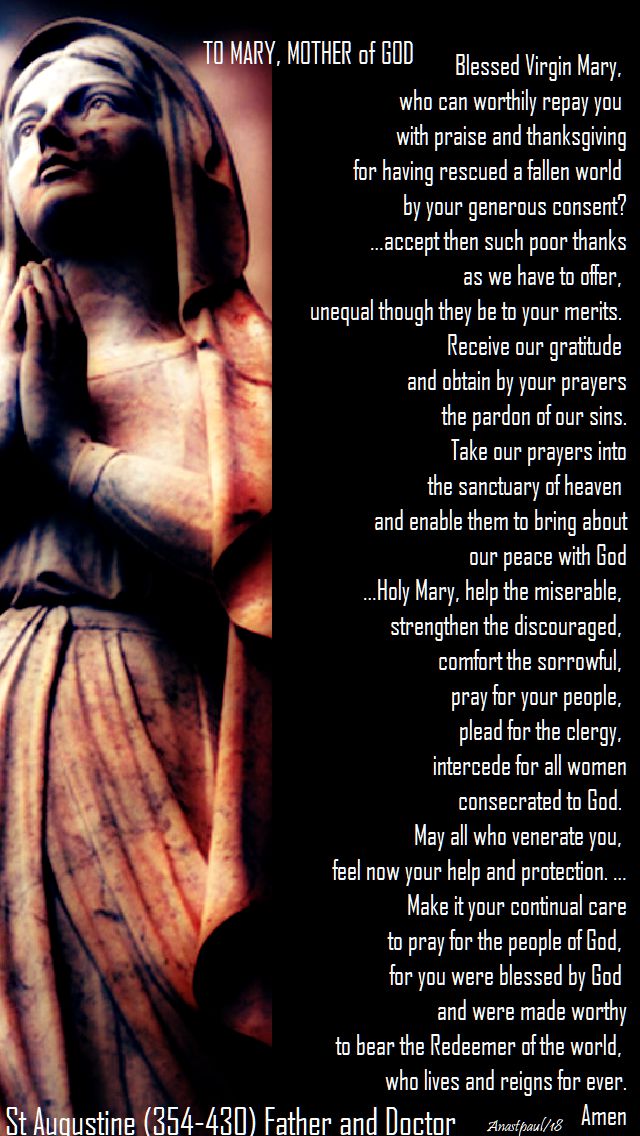
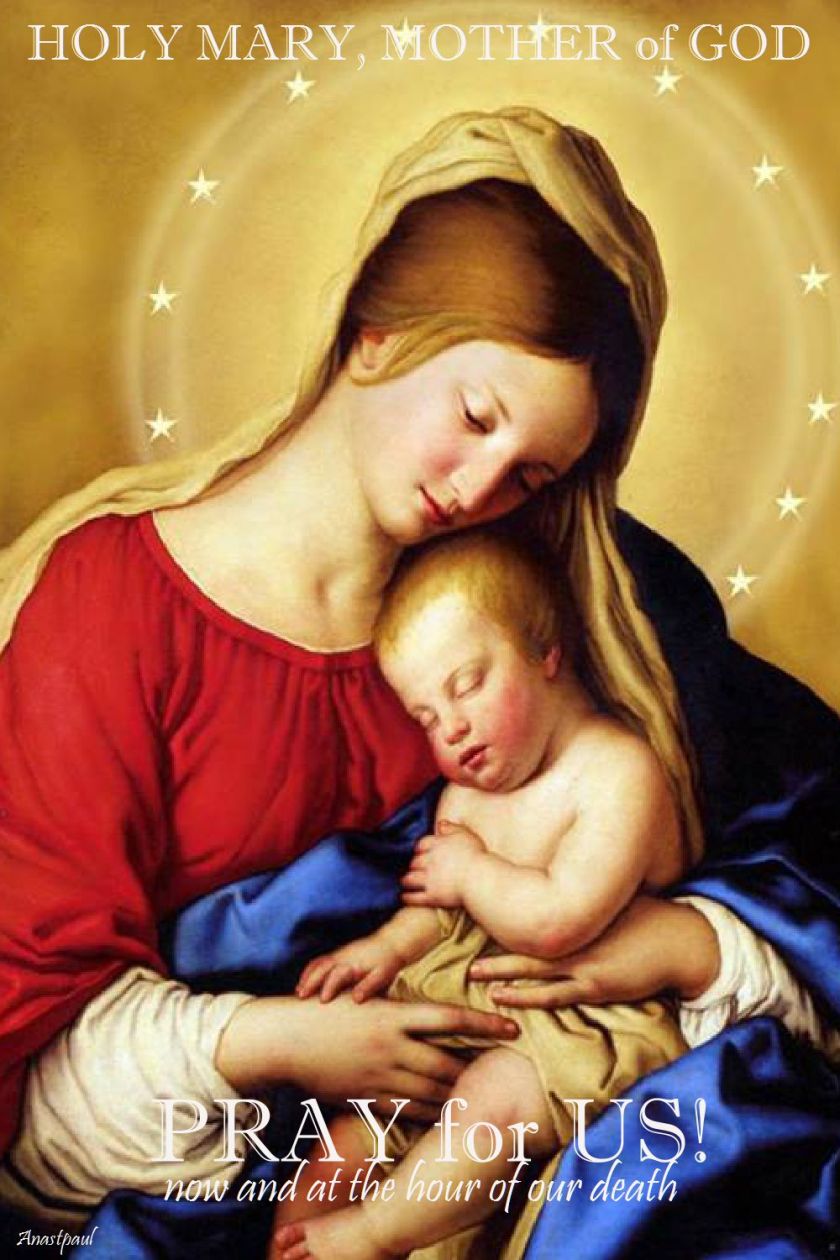
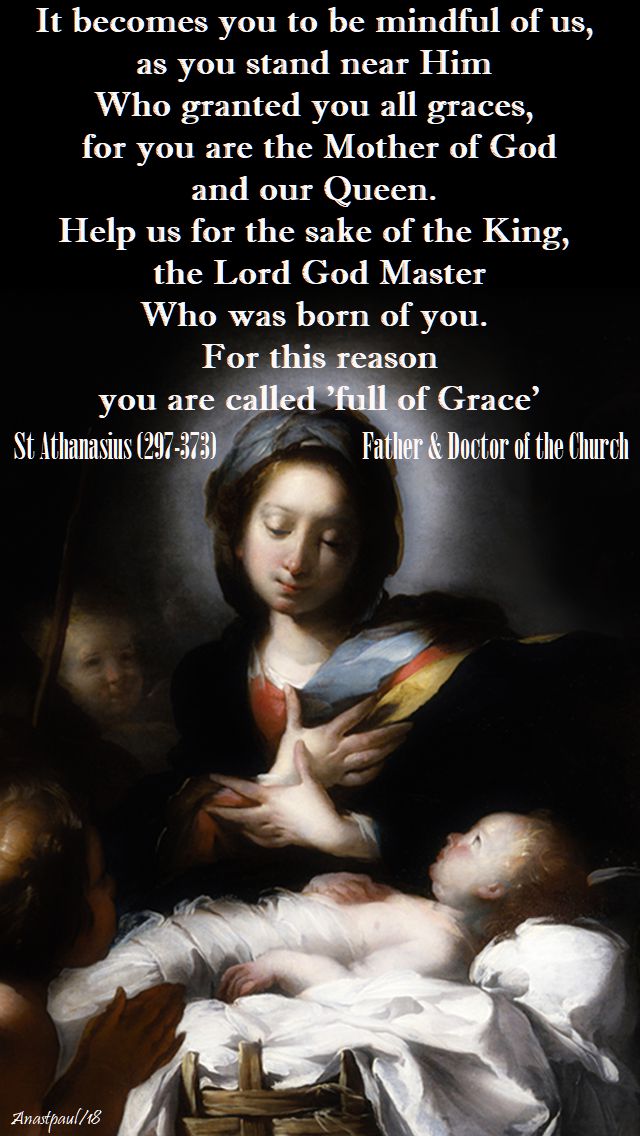
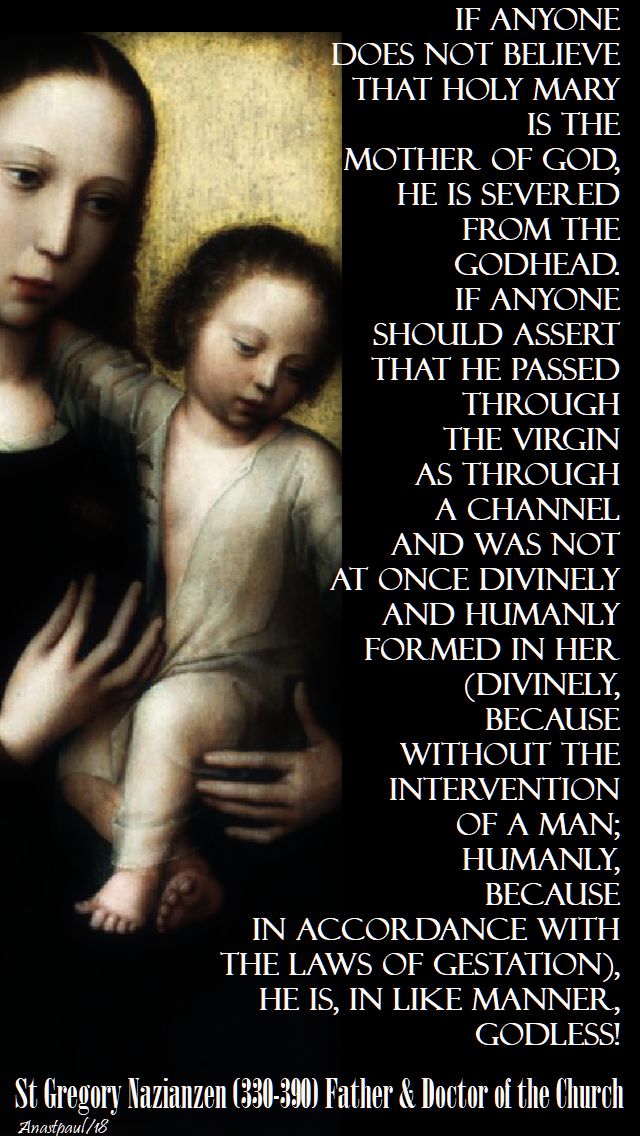
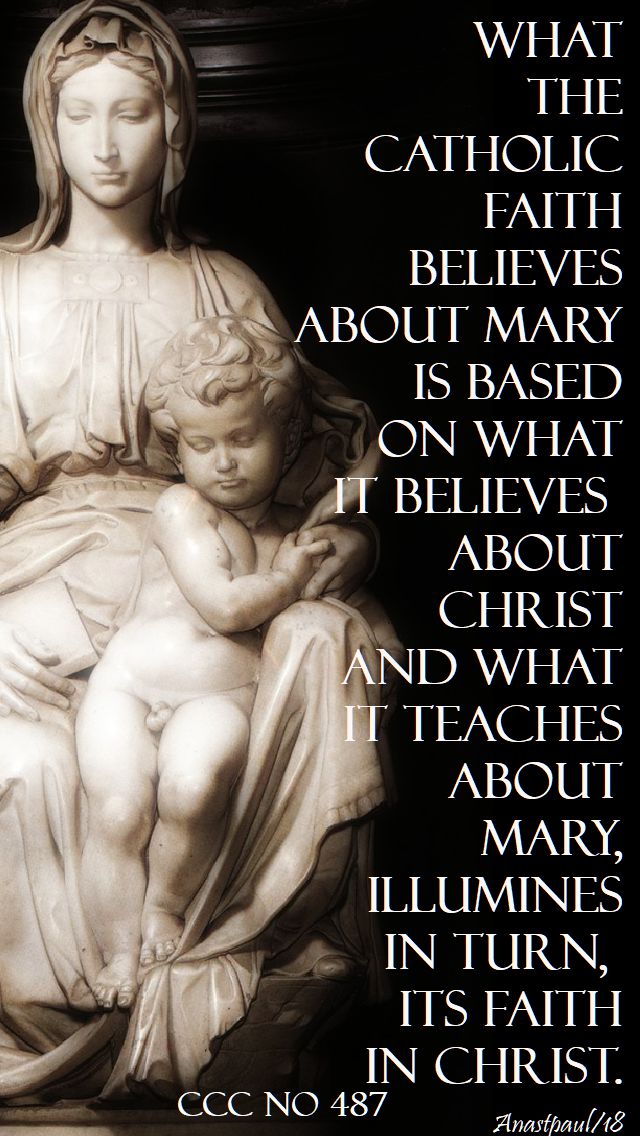
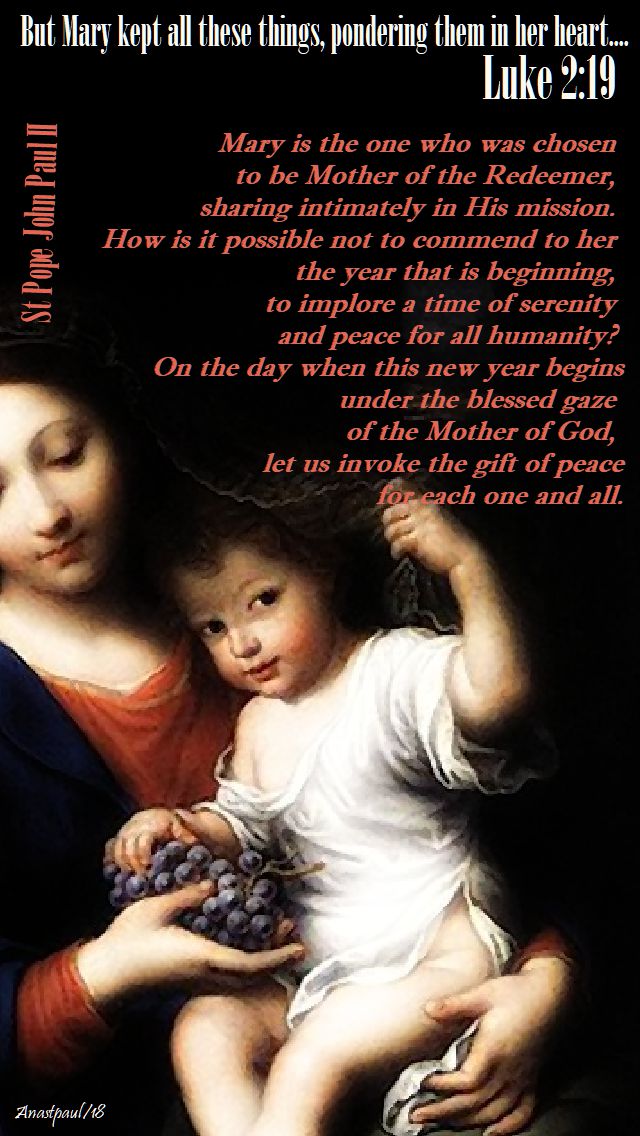
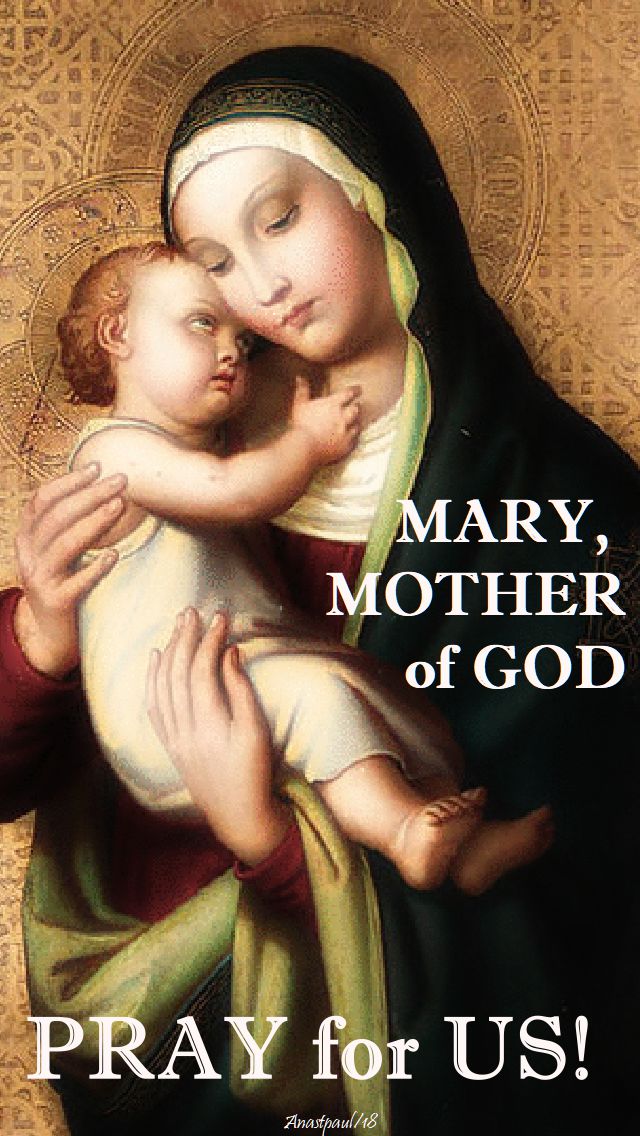
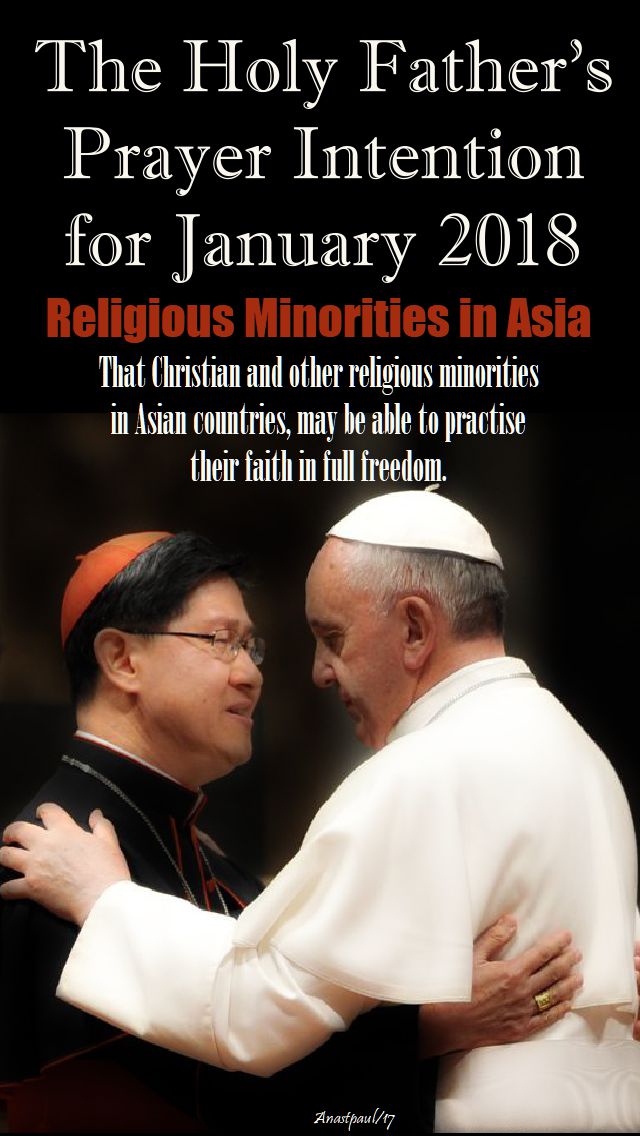


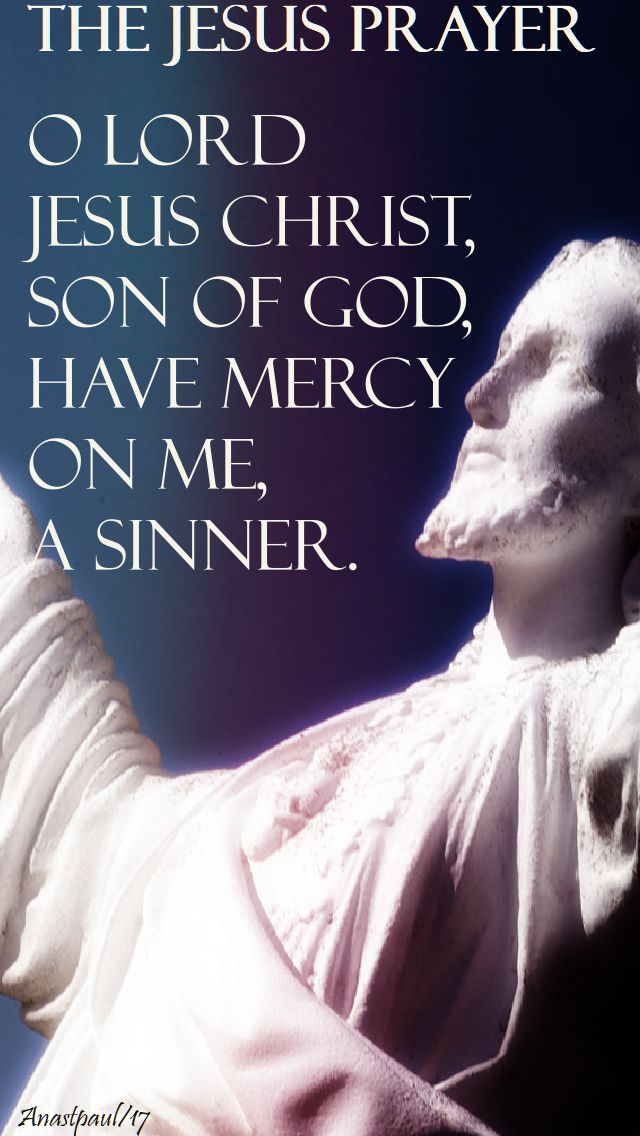


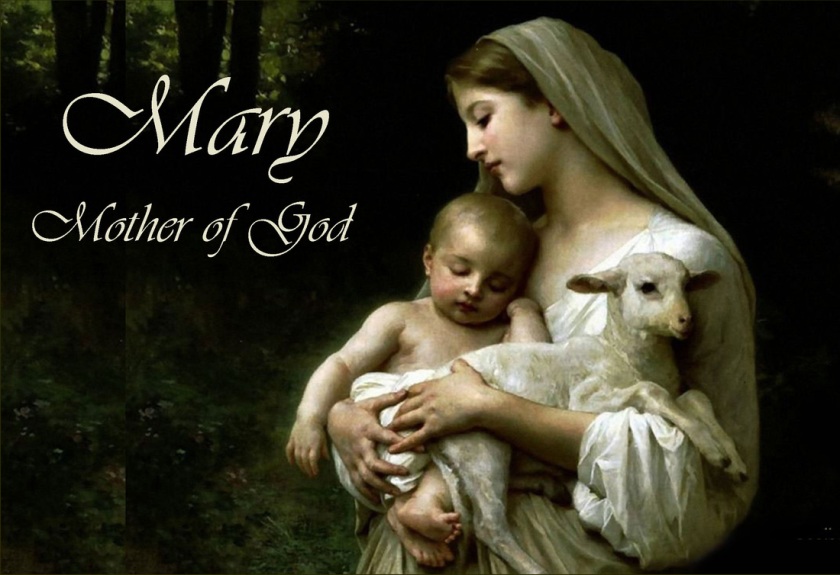



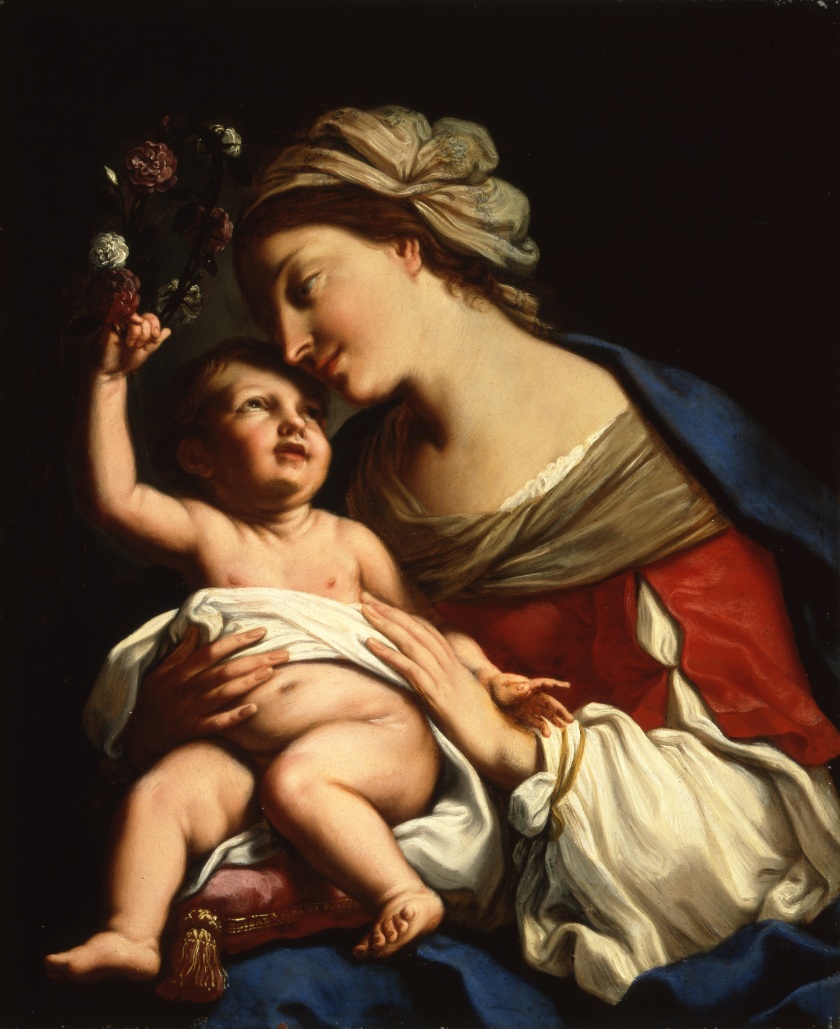

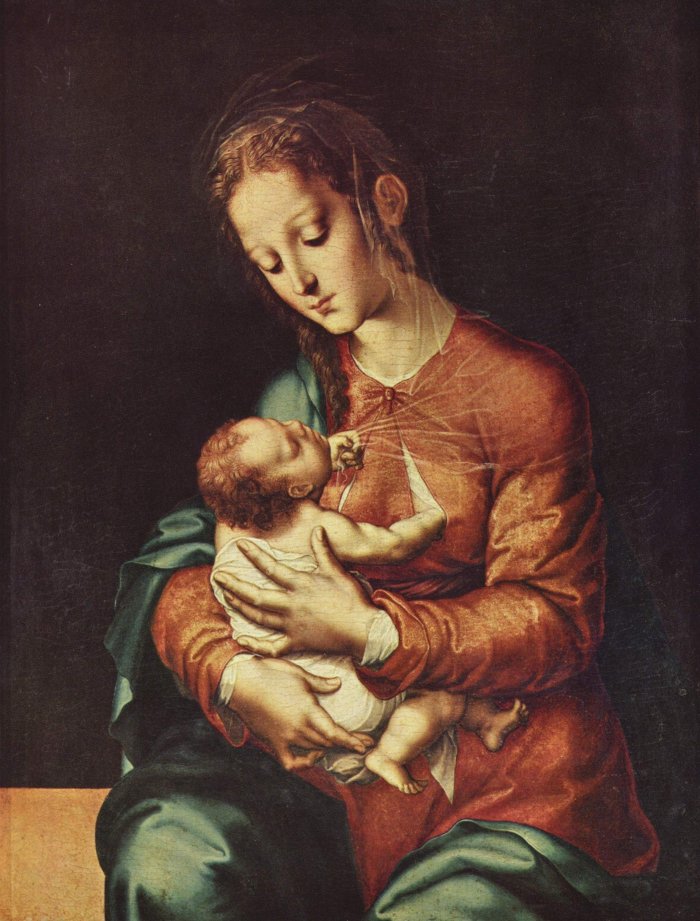




You must be logged in to post a comment.